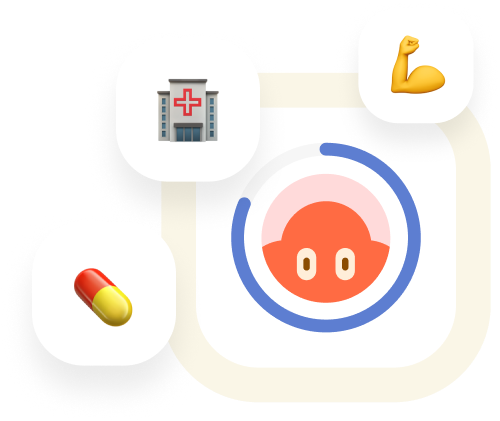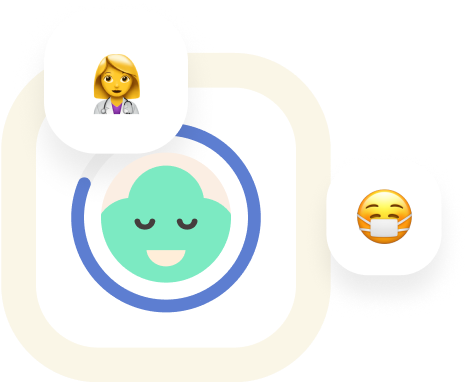Join a Community That Understands You
Get answers from those who share your health journey



graceelfira's Post
graceelfira
Updated 1y ago
Coping with Bipolar Disorder: Tips and Strategies
Can you help? Connect today
Your Alikes say
Some coping techniques for bipolar disorder include maintaining a balanced lifestyle with adequate sleep, healthy food, and regular exercise; tracking your mood swings to recognize patterns and trigge...See More
pandasss
1y
graceelfira
1y
klazikel
1y
Mosey
1y
Magpie42
1y
phaed
1y
The content in this post is not intended to be a substitute for professional medical advice, diagnosis, or treatment. Always seek the advice of your physician or other qualified health provider with any questions you may have regarding a medical condition.

Free unlimited access
to all community content

Find others who are
medically similar to you

Pose questions and join
meaningful discussions
Alike is a transformative platform that goes beyond just bringing together patients; it meticulously connects individuals based on multiple critical factors, such as age, gender, comorbidities, medications, diet, and more, fostering a community of knowledge, support and empathy.
© 2020-2024 Alike, Inc